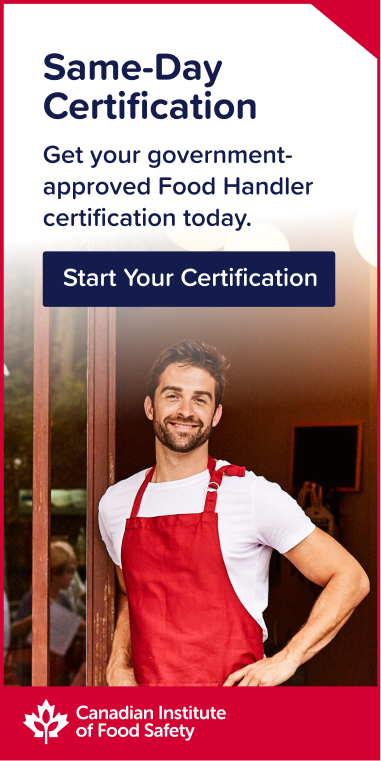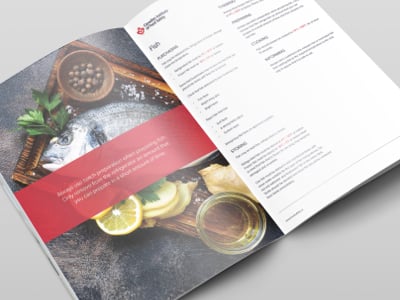.jpg?width=820&height=462&name=Food-drink-packaging-cups-utensils%20(2).jpg)
Toronto, Ontario, is the latest major city in Canada to embark on an ambitious journey toward sustainability within the foodservice industry by enacting pioneering single-use and takeaway item laws.
Although this groundbreaking legislation is primarily designed to combat the escalating problems caused by plastic waste, it’s also set to reduce the public use of non-plastic disposal food items such as paper straws, cups, and napkins.
The new bylaw, known as Bill 64, requires businesses in the city to adopt a more sustainable approach that encourages consumers to opt for reusable items. However, this shift raises pivotal questions about food safety, especially because it paves the way for customers to use their own cups and containers.
Understanding the New Legislation
Under Bill 64, Toronto businesses are now required to ask customers if they need single-use items like utensils, straws or napkins before automatically providing them. This initiative aims to significantly reduce the consumption of single-use plastics, aligning with global efforts to tackle plastic pollution.
The legislation, which came into effect on March 1, 2024, includes provisions that allow businesses to accept reusable items from customers, such as cups and bags, further emphasizing the city's commitment to environmental protection.
Businesses that do not adhere to the new regulations could face fines ranging from $500 (CAD) to $100,000 (CAD), depending on the severity of the offence.
The Path Forward
Toronto's new single-use and takeaway item laws represent a significant step towards a more sustainable future. However, the successful implementation of these laws requires a collective effort from businesses, customers and the wider community. By creating a culture of environmental responsibility, Toronto can serve as a model for cities worldwide in the fight against plastic pollution.
Food Safety Concerns
While the environmental benefits of this legislation are clear, it also introduces a complex dilemma regarding food safety. For example, although reusable cups are beneficial for the environment, they pose a risk of cross-contamination if not properly sanitized.
The question of liability becomes paramount if a customer falls ill. Did the food establishment cause the contamination that led to this illness, or could it be attributed to the customer's unsanitized reusable cup?
Unfortunately, in situations such as this, it could be almost impossible to identify who is at fault, making it more critical than ever for food businesses to establish stringent policies and procedures regarding accepting and handling reusable cups and containers. These policies could include training staff on proper sanitation practices and creating clear guidelines for customers regarding the type of containers accepted and how they should be cleaned before use.
Food Handler Training
The Food Handler Certification Course offered by the Canadian Institute of Food Safety provides valuable guidance regarding a variety of food safety practices, and it includes a module dedicated to serving and dispensing food safely.
Enrol today or contact us to learn more about our food safety training programs.




